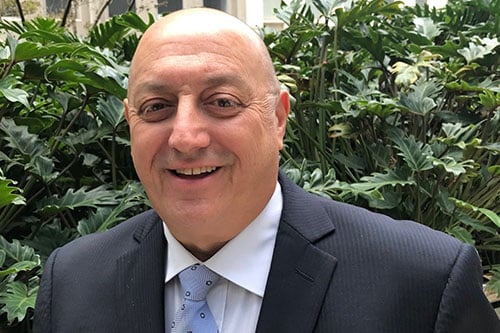

An underwriter specialising in the mobile plant and equipment market has warned brokers that they will likely have to work a little harder to secure favourable client outcomes, as hardening conditions continue to put pressure on the industry.
“High severity and frequency risks are being remediated throughout the market which means there’s fewer opportunities for brokers to place difficult risks,” said SURA national manager, Stephen Borg (pictured) . “This has resulted in a general increase in rates.”
Speaking to Insurance Business, Borg said the biggest challenge for brokers in the medium term will be finding adequate, competitive cover for large sum insured single risks and severity losses.
“Brokers will have fewer coverage options to present to clients due to the market conditions,” he said. “With these market factors, it will become increasingly important for brokers to be proactive in relationship building with underwriters and managing expectations with customers.”
Borg pointed to self-education as a good place for brokers to start when attempting to forge a stronger relationship with their underwriter.
“Increasing their knowledge about the under-insured segments of the market is a great tactic,” he told Insurance Business. “For instance, consequential additional costs can result in huge out of pocket expenses for an insured, but it’s often overlooked simply due to a lack of education.”
However, according to Borg, additional consequential costs for issues like machinery damage or breakdown aren’t the only underinsured area in the market.
“Dry hiring risks – that is, instances where machinery is rented but the customer has to supply their own operator – are also commonly overlooked,” said Borg. “Hired in plant risks are also regularly under-insured.”
It’s part of the reason that SURA holds regular education sessions for brokers, to better equip them with the knowledge needed to service clients responsibly and competitively.
“Delivering the right cover always starts with understanding a client’s operations and identifying where their gaps are,” said Borg. “It’s crucial to ensuring their risks remain insurable in the long term.”
Discussing risk mitigation, Borg said the current trend of insurers remediating their books and declining poorer performing risks is due in part to a string of large claims over an extended period.
“Often these claims are a result of inadequately skilled machinery operators making mistakes while working,” he said.
“Working alongside the insured to illustrate how they’re mitigating problem risks is a good step to finding placement. For example, providing proof the insured is using skilled machinery operators on the worksite is one way to alleviate severity.”
